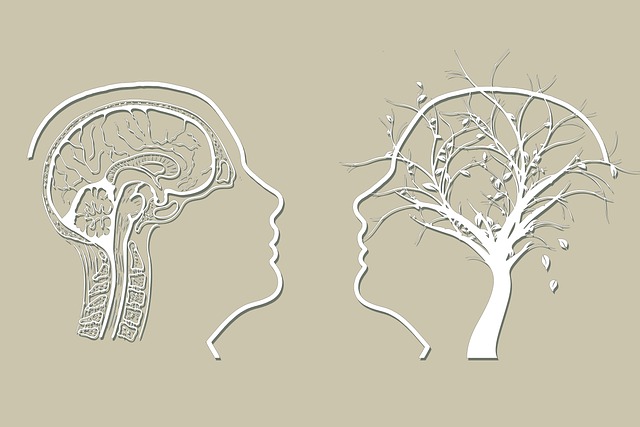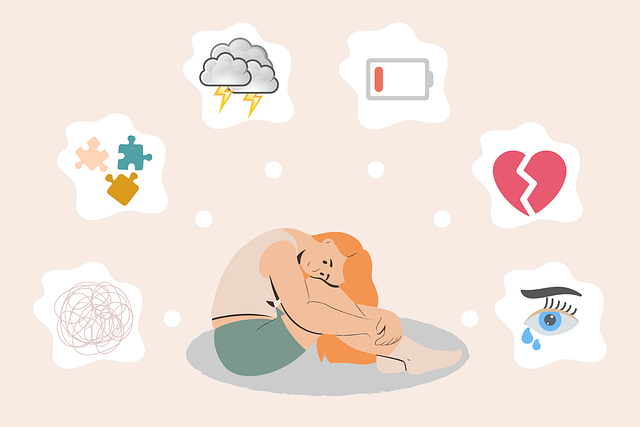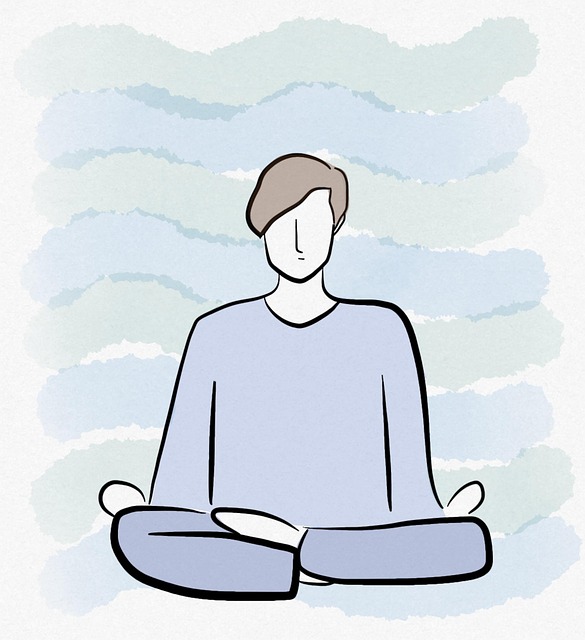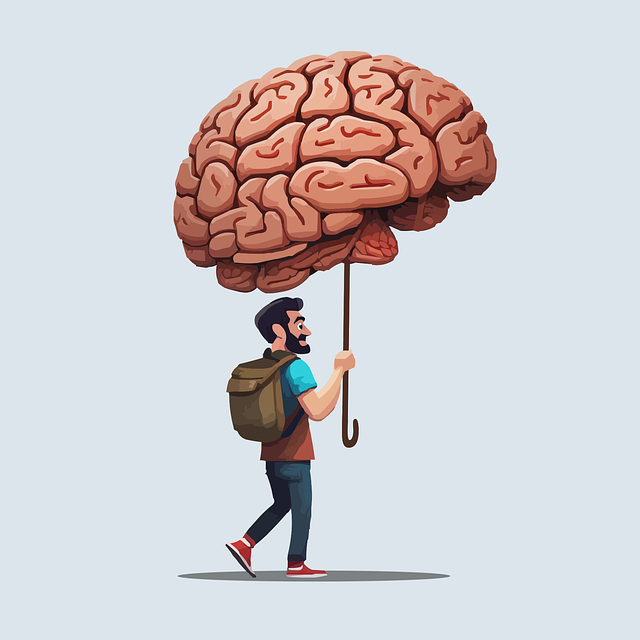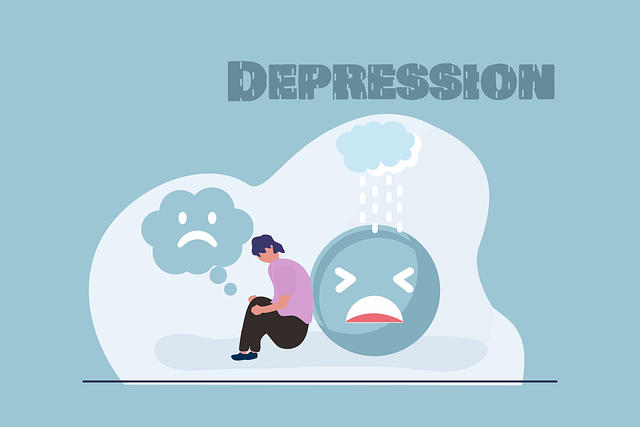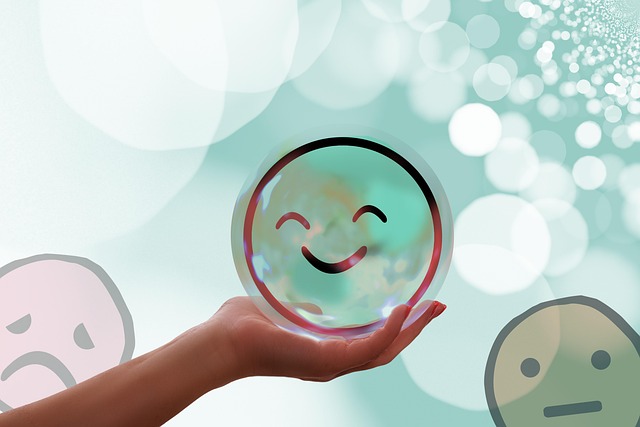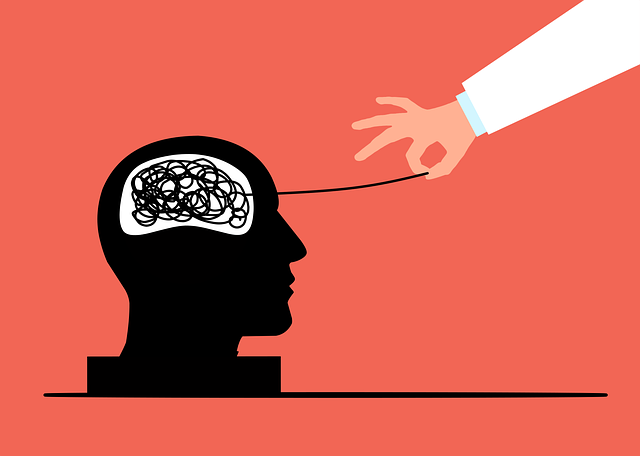Children's mental wellness is paramount for their emotional development and future success. Early identification of mental health issues, such as phobias, is crucial. Effective therapies like cognitive-behavioral therapy (CBT) equip kids with tools to manage fears, preventing escalation into depression or burnout. Open dialogue and professional support foster a supportive system, helping children develop healthy coping strategies. Comprehensive self-care routines, including tailored practices like journaling and mindfulness activities, enhance mental wellness. Accessing stigma-free mental health services and policies is essential for all children's recovery from phobias and other challenges.
Mental wellness is crucial for children’s overall development, shaping their ability to navigate life’s challenges. This article explores strategies to foster optimal mental health, with a focus on understanding common phobias and developing effective self-care routines. By recognizing the impact of mental wellness on children’s lives, we can empower them to overcome fears, such as specific phobias, often requiring therapy for children. We’ll guide you through creating a comprehensive self-care routine tailored to their unique needs, promoting resilience and emotional well-being.
- Understanding Mental Wellness and Its Impact on Children
- Identifying and Overcoming Specific Phobias in Kids
- Building a Comprehensive Self-Care Routine for Optimal Mental Health
Understanding Mental Wellness and Its Impact on Children

Children’s mental wellness is a vital aspect of their overall development, shaping their emotional resilience and ability to navigate life challenges. It involves a complex interplay of factors such as genetics, environment, and experiences. Mental health issues in children can manifest in various ways, from anxiety and depression to more severe conditions like phobias, which require professional intervention. Early identification and therapy for these issues are crucial, as they can significantly impact a child’s future well-being and success.
The field of pediatric mental healthcare emphasizes the importance of tailored approaches, considering each child’s unique cultural background. Cultural sensitivity in mental healthcare practices is essential to building trust and ensuring effective treatment. Additionally, advocating for comprehensive mental health policy analysis and advocacy ensures that resources and services are accessible to all children, reducing the stigma associated with mental illness and fostering a supportive environment for recovery.
Identifying and Overcoming Specific Phobias in Kids

Many children suffer from specific phobias that can significantly impact their daily lives and overall mental wellness. Identifying and overcoming these fears is crucial for their emotional development. Therapy for children with phobias, such as cognitive-behavioral therapy (CBT), has proven to be an effective approach. CBT helps kids face their fears in a safe and controlled environment, gradually desensitizing them to the trigger. This process empowers children to manage their anxiety and gain control over their emotions.
By addressing phobias early on, parents and caregivers can prevent the development of more severe conditions like depression or burnout. Encouraging open communication and seeking professional help when needed is vital in creating a supportive system for these young individuals. Through therapy, kids learn coping strategies to deal with overwhelming emotions and build resilience, ensuring they grow into emotionally balanced adults.
Building a Comprehensive Self-Care Routine for Optimal Mental Health

Building a comprehensive self-care routine is an essential aspect of nurturing and maintaining optimal mental health. It involves incorporating various practices tailored to your unique needs, promoting overall well-being. A structured self-care regimen can be a powerful tool for managing stress, anxiety, or even specific phobias that may arise in children. Therapy for children with phobias often encourages the development of coping mechanisms and strategies, which can be integrated into daily self-care practices.
Self-care practices such as Mental Wellness Journaling Exercise Guidance can offer a creative outlet for processing emotions, tracking progress, and cultivating inner strength. Dedicating time to reflect and document thoughts and feelings allows individuals to gain deeper insights into their mental state. Additionally, incorporating activities that nurture the mind, body, and spirit—such as meditation, exercise, or spending time in nature—can significantly contribute to a robust self-care routine. These practices foster resilience, enhance coping abilities, and ultimately support long-term mental wellness.
Developing a mental wellness self-care routine is an empowering step towards fostering healthy minds, especially in children. By understanding the impact of mental health on young individuals and equipping them with tools to manage specific fears like phobias through targeted therapy, we can significantly enhance their overall well-being. A comprehensive self-care routine tailored to individual needs becomes a powerful asset for navigating life’s challenges, promoting resilience, and nurturing optimal mental health in children and adolescents.
